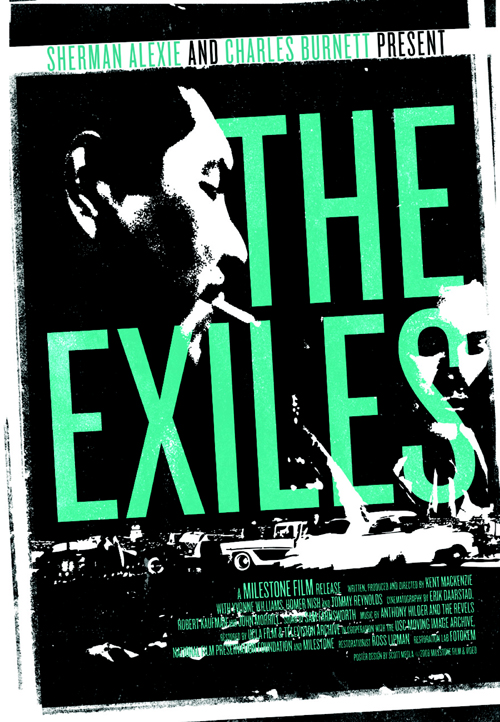
I was watching the Patriot's game last Sunday, the culmination of
an already lousy weekend [see previous post], and was diverted by some of the
commercials. One was for "Avatar," the much-hyped, upcoming James Cameron movie,
and I thought, "Wow, that looks like a really fancy video game." Then there was
a commercial for the video game "Call of Duty: Modern Warfare 2," and I
thought, "Wow, that looks like it would be make a better movie than ‘Avatar.'"
This reminded me that there are actually films not involving CGI
or special effects still being made. And though it might be hard to believe these days when "2012"
rakes in $65 million on its opening weekend, that America has a tradition of
neo-realist type cinema, rooted in the nuts and bolts, the tragedy and comedy
of everyday ordinary people shot on the ground in actual locations often with
non-professional actors. You can trace
the lineage from the Italian neo-realists to Hollywood Film Noir, to
the cinema verite documentaries of the Maysles Brothers, to John
Cassavetes and ultimately some of the present day practititioners such as Ramin
Bahrani,
Kelly Reichardt and
Lance Hammer.
And then there is the often overlooked Los
Angeles branch of the movement, epitomized by Kent
MacKenzie, who died in1980 at the age of 50 after making two features.

One of those is "The Exiles" (1961),
released today by Milestone
in a stunning DVD package. A chronicles of 12 hours in the lives of Native
Americans in Los Angeles, it starts with Yvonne, a twenty-ish woman with a broad, troubled face whose
voiceover narration expresses her fears and hopes: she's pregnant, her husband
Homer is unemployed and spends alll his time drinking with his friends, and in general the future looks bleak. When she gets home to her apartment she's greeted
by her husband and half a dozen of his pals sprawled on the furniture,
reading comic books, sleeping it off. They ignore her.

But the filmmaker doesn't ignore them. He allows Homer his own
voiceover as he follows him and his cronies on their nocturnal prowl from a bar
to a poker game and cruising around in an aimless round of booze, small talk
and inept sexual advances. It's kind of like a low rent, Native American
"Husbands" with Homer's sad monologue underscoring his utter disengagement from his
sordid experiences.
MacKenzie captures the seedy setting with achingly beautiful
photography. It's the old Bunker Hill neighborhood of LA, long since razed for skyscrapers, the irony being that not
only have white people despoiled Native Americans of their land, with these
characters further disenfranchised because poverty and despair have driven them from
their reservations to the city, but even this dicey urban refuge has been obliterated. The
neighborhood and the lives of its inhabitants now survive only in "Exiles,"
as much an artifact of a lost world as the turn-of-the century photographs of
Native Americans that opens the film.

Charles Burnett, whose LA set realist films made decades after "The Exiles" were in part inspired by
MacKenzie's work, and the Native American writer and filmmaker Sherman Alexie collaborated with Milestone on this outstanding DVD which includes many extras,
not the least being Alexie's ruefully funny and poignantly insightful
commentary.
















